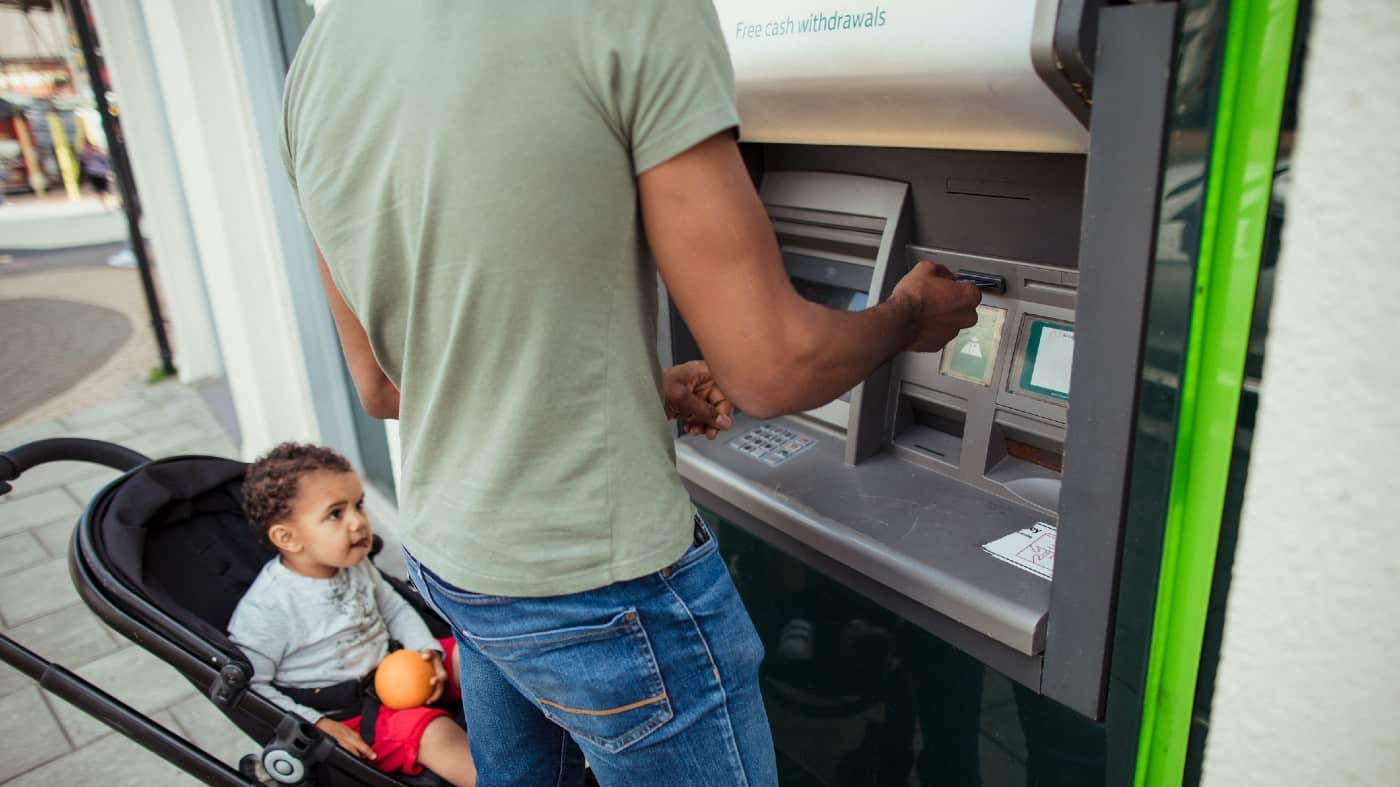As a shareholder in HSBC (LSE:HSBA) I’m keen to know what the bank’s dividend forecast is up to 2026, and how much passive income I could generate over the period.
Seeing into the future
According to the 16 analysts covering the stock, the dividend per share over the next three years will be $0.60 (2024), $0.62 (2025) and $0.64 (2026).
The 2024 figure excludes the special dividend that’s been promised following the sale of the bank’s division in Canada. It’s already been confirmed that once the deal is finalised, a payment of $0.21 a share will be made. Although the timing is still uncertain, it’s expected to be in the first half of the year.
Should you invest £1,000 in Wandisco Plc right now?
When investing expert Mark Rogers has a stock tip, it can pay to listen. After all, the flagship Motley Fool Share Advisor newsletter he has run for nearly a decade has provided thousands of paying members with top stock recommendations from the UK and US markets. And right now, Mark thinks there are 6 standout stocks that investors should consider buying. Want to see if Wandisco Plc made the list?
Reasons to be more optimistic
But I think the ‘experts’ have underestimated the 2024 payout.
That’s because at the same time as announcing the bank’s 2023 results, the directors reconfirmed their commitment to return 50% of earnings to shareholders, by way of dividends.
And while the analysts’ forecasts broadly reflect this payout ratio in 2025 (51.7%) and 2026 (50.8%), they’re more conservative in 2024.
The average of their predictions is for earnings per share (EPS) this year of $1.40. A dividend of $0.60 means the bank would be returning ‘only’ 42.9% to shareholders.
With the bank promising a dividend equal to 50% of earnings, I’m expecting to receive $0.70 in 2024.
If I’m correct and the analysts predictions for 2025 and 2026 come true, shareholders will receive 153.2p ($1.96) per share over the next three years, plus the one-off Canadian bonus of 16.4p ($0.21). This means someone investing £10,000 today could receive £2,892 in dividends during this period.
Excluding this year’s special dividend, the bank’s shares are currently yielding over 8%. The average for the FTSE 100 is 3.9%. If HSBC’s was the same, it would return £1,722 less to shareholders over the next three years.
To further boost shareholder sentiment, I’m sure the directors will point to their recently announced $2bn share buyback programme.
Personally, I’d rather have the cash in my hand.
Final thoughts
Despite all this positivity, I’ve invested for long enough to know that dividends are never guaranteed. It was only three years ago that the bank’s payout was (in cash terms) less than half what it is today.
And to continue to pay generous dividends, it must perform in line with forecast.
With its origins in Hong Kong, HSBC has significant exposure to the Chinese real estate market, which is currently in crisis. But the group doesn’t appear to be too concerned, although the majority of the increase in its provision for bad loans in 2023 was due to the sector.
Economists appear to agree that the next move in interest rates in most major economies is going to be downwards. This is likely to reduce HSBC’s revenue and margin. But the threat of loan defaults should recede.
Overall, I think the bank remains in good shape with a strong balance sheet, excellent reputation and an unmatched global footprint. These factors could help ensure that it continues to pay dividends at levels higher than most of its peers.








